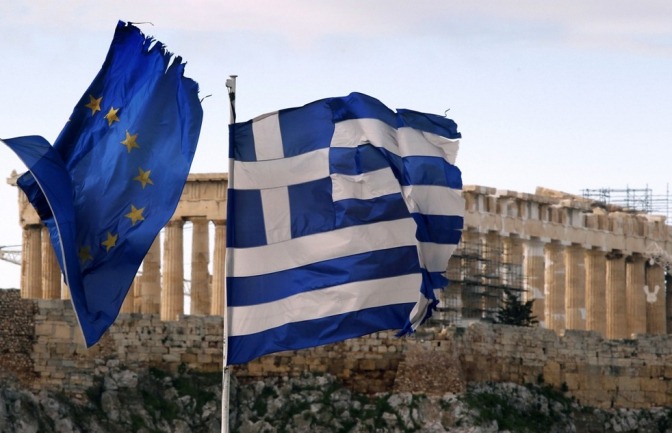Following a dramatic weekend the Greek people woke up on Monday morning to closed banks and capital controls, coming closer to an exit from the Eurozone. Is the drama that started on a hopeful note a week ago finally over – no more negotiations on a Greek reform program?
The weekend started with the sudden break-up of the negotiations, followed by the Greek government’s announcement of a referendum on 5 July about the terms of the reform program, then by the refusal of the Eurogroup finance ministers to extend the bailout program and ended with the decision of the European Central Bank not to expand its emergency liquidity assistance (ELA).
According to a Eurogroup statement on last Saturday, it was the “Greek authorities who broke off the programme negotiations late on the 26 June unilaterally”.
The European Commission followed suit. In a press release yesterday the European Commission published the latest proposals agreed among the three creditors institutions “in the interest of transparency and for the information of the Greek people.”
The European Commission stated that “neither this latest version of the document, nor an outline of a comprehensive deal could be formally finalised and presented to the Eurogroup due to the unilateral decision of the Greek authorities to abandon the process on the evening of 26 June 2015”.
From the Greek side the perception of what happened is totally different. The Greek prime minister and finance minister have accused the creditors of trying to blackmail Greece and to impose an unacceptable ultimatum on the Greek people. By announcing a referendum Greece is standing up to its dignity and giving the people a democratic choice.
The Greek government was elected on promises to put an end to austerity in Greece. In the weeks before the government raised the prospect of early elections as a way out of the impasse. The idea was obviously to show the Eurogroup that the government has a democratic mandate to resist the austerity policy. But it was never clear how new elections would solve anything.
The same goes for a referendum, especially since it comes too late, after the negotiations already have been interrupted and the bailout program will have expired, with Greece probably defaulting on its next debt payment. It’s absurd that the Greek government is recommending the people to reject the proposals while opinion polls show that a majority wants a deal with the creditors.
Furthermore, the Greek people is supposed to make up its mind on a complicated set of reform measures, without even being told that a “no” means that Greece will have to leave the Eurozone with all its dire implications.
A few years ago Yanis Varoufakis, then not yet finance minister, imagined that a default is possible within the Eurozone and would not necessarily lead to that Greece would have return to its old currency, the drachma. He thought that Greece could keep its current currency, the euro, just as Argentina had done when it defaulted in 2001 and kept the pesos.
The situation in Greece today is however different. If the government runs out of euros to pay salaries and pensions, it will have to start printing its own money and that would signify the exit from the Eurozone.
The reaction of the Greek government would perhaps have been understandable, though not rational, if the counterproposal from the creditors was designed in such a way that it left no choice to Greece but to refuse them. What comes to one’s mind is Austria-Hungary’s ultimatum to Serbia in 1914 which ignited the First World War.
However, the creditors’ counter proposal is hardly an ultimatum. A review of the leaked Greek proposal and the counter proposal, published yesterday by the Commission, shows that the gap between them has narrowed to the point that they are almost identical. The remaining technical differences could probably have been resolved if the negotiations would have been allowed to continue.
But maybe the negotiations on a credible reform program were only a play to the gallery while the real issue is debt relief for Greece and the Greek government’s difficulty to take responsibility for reforming its own country.
By Mose Apelblat
Greek drama: game is over?

